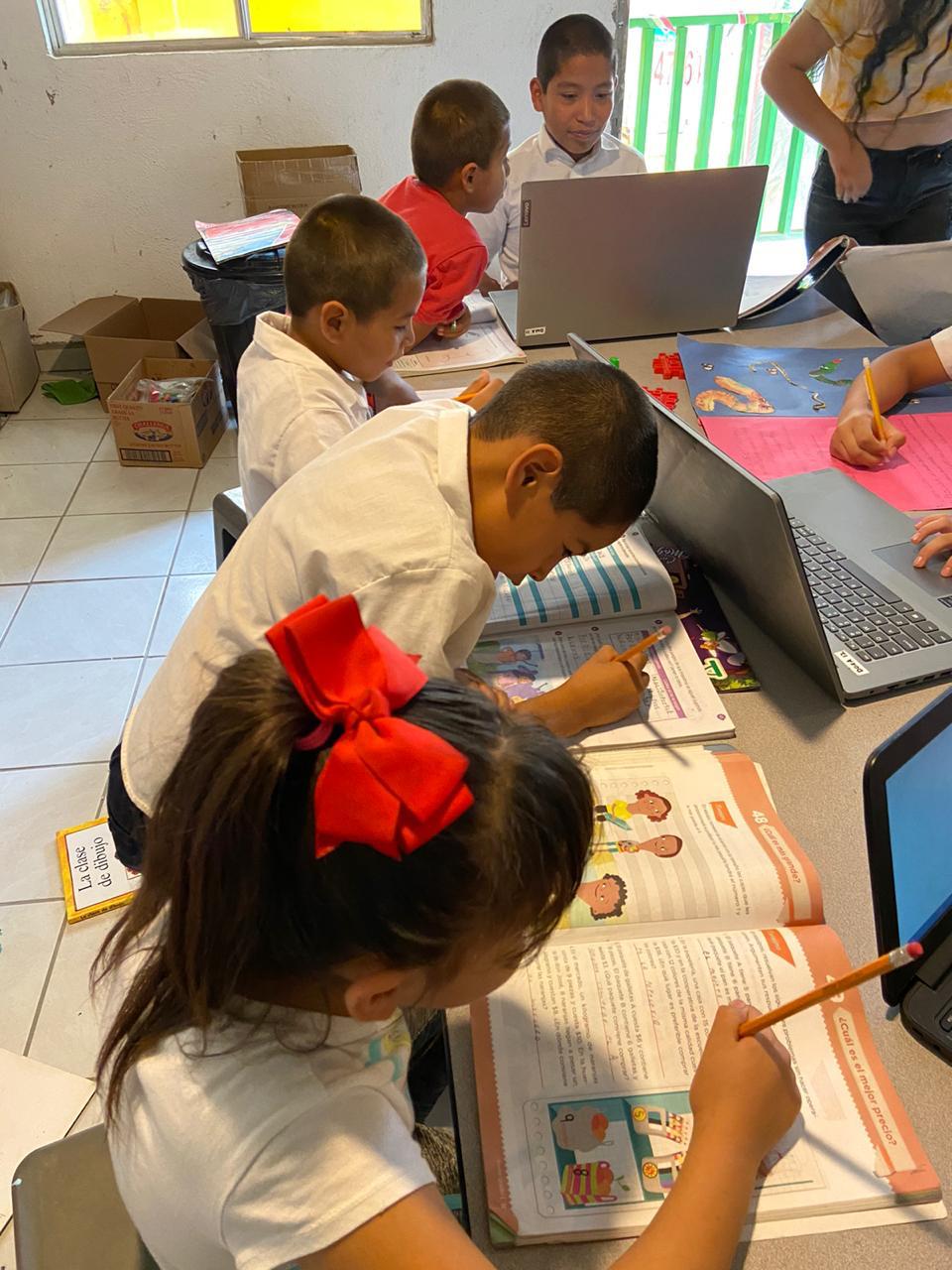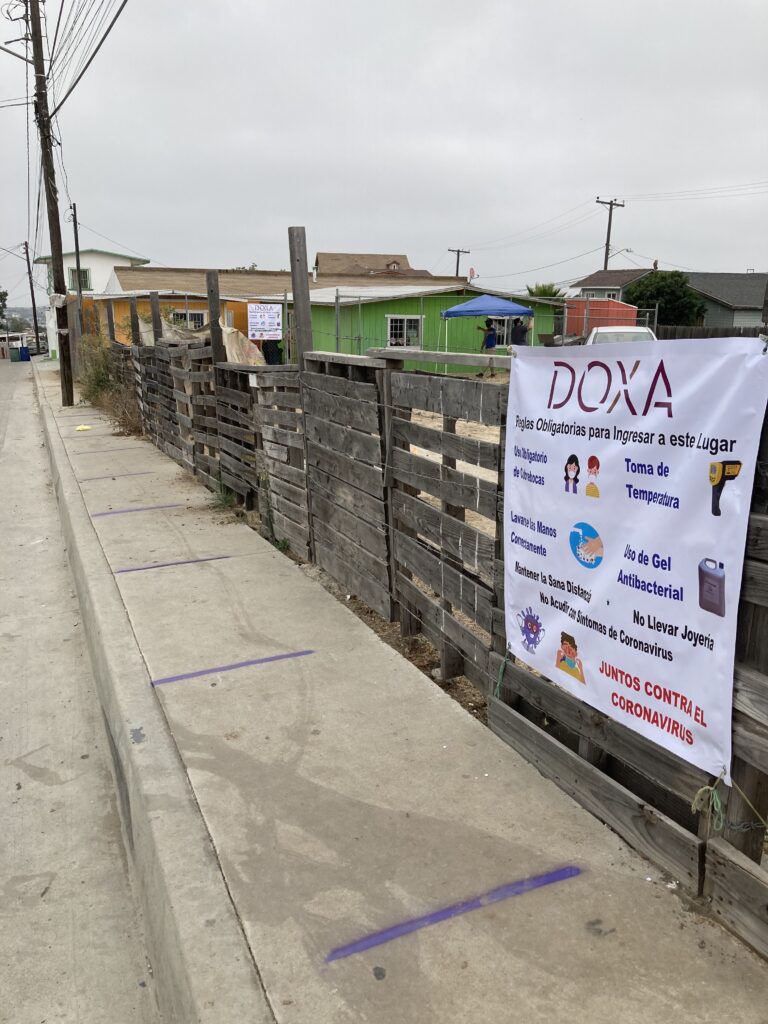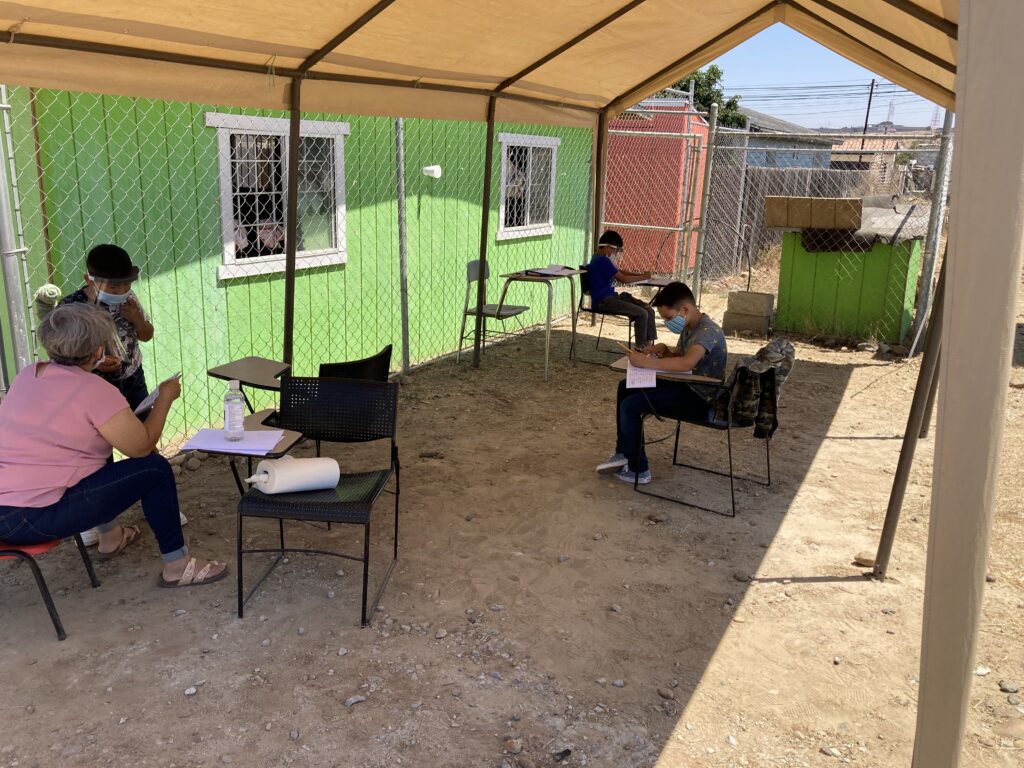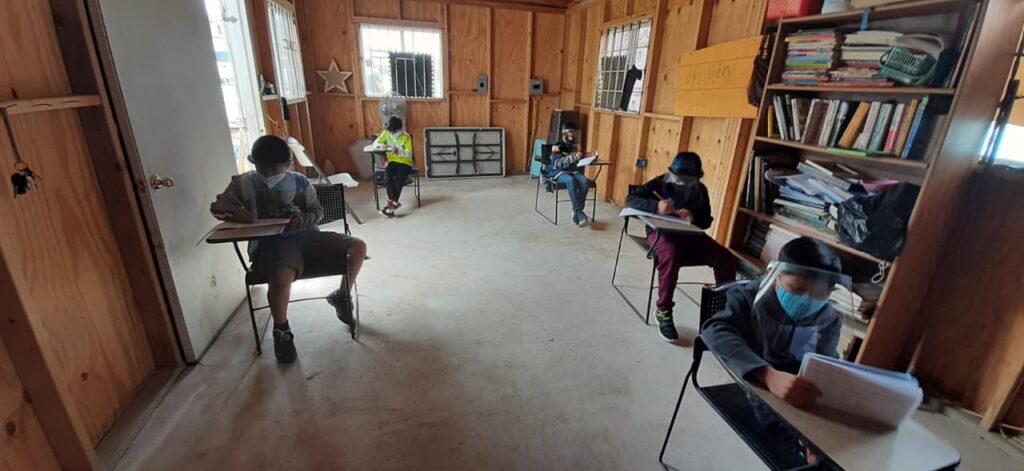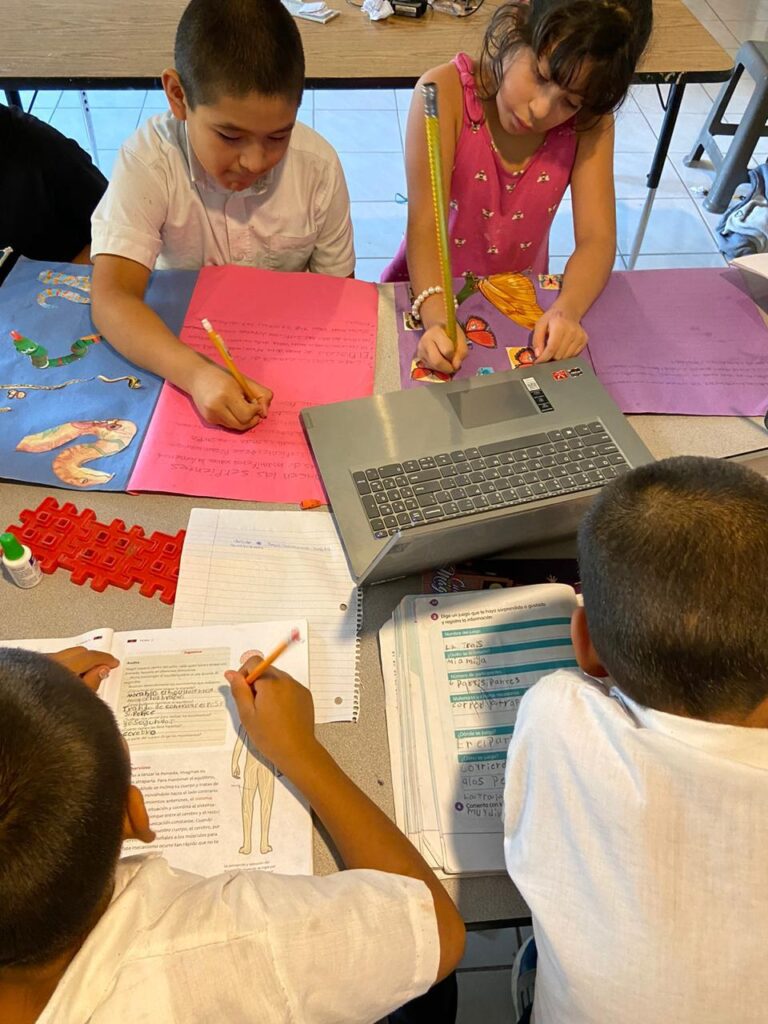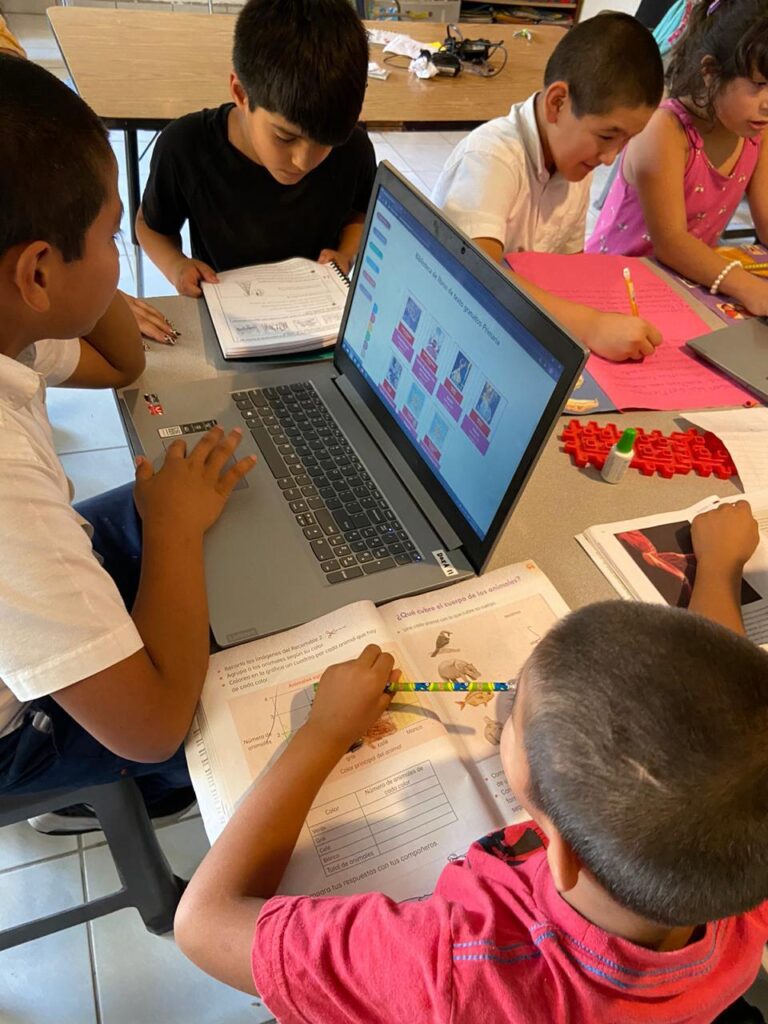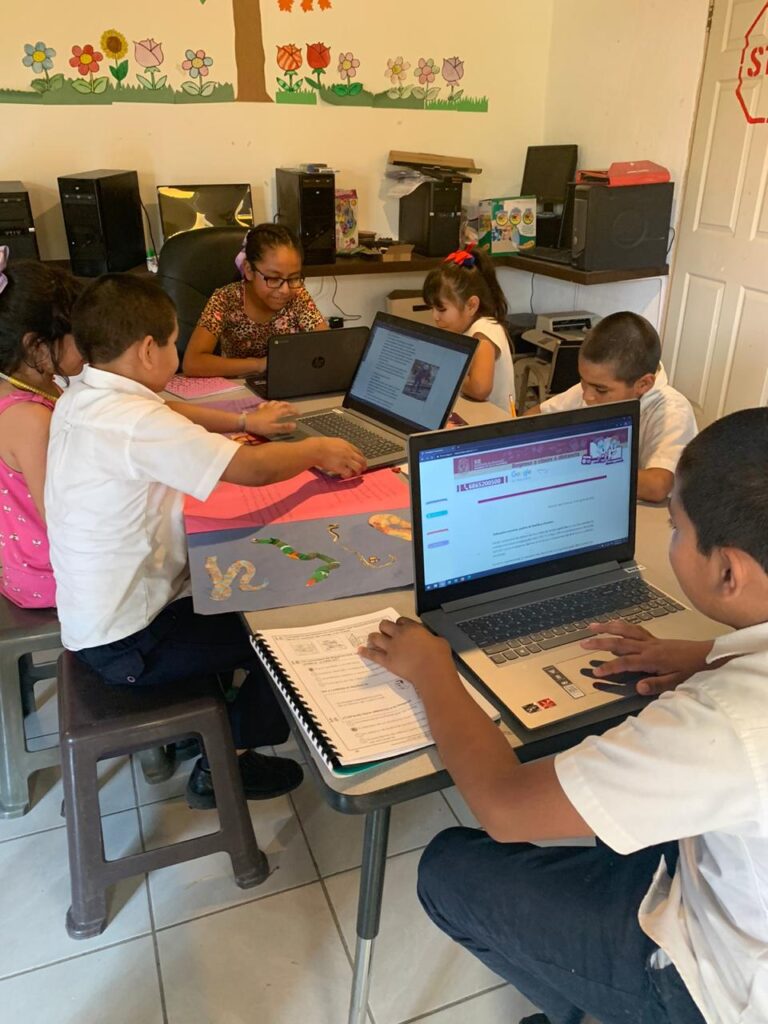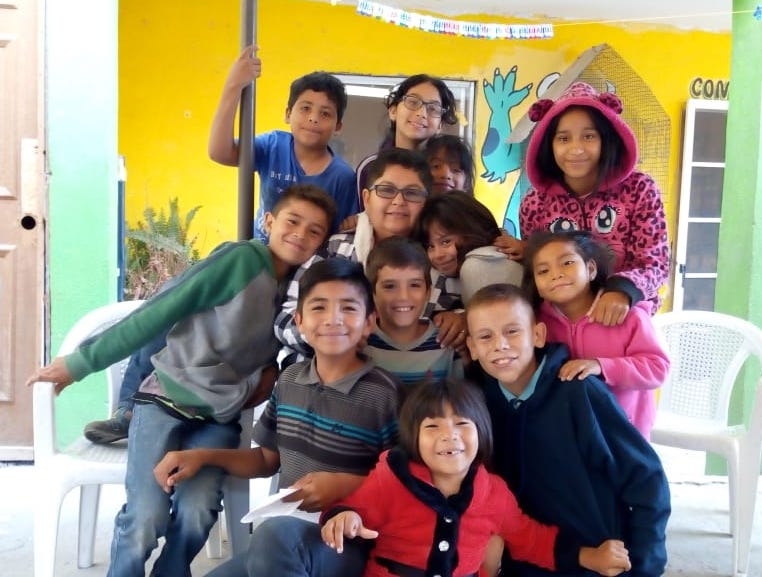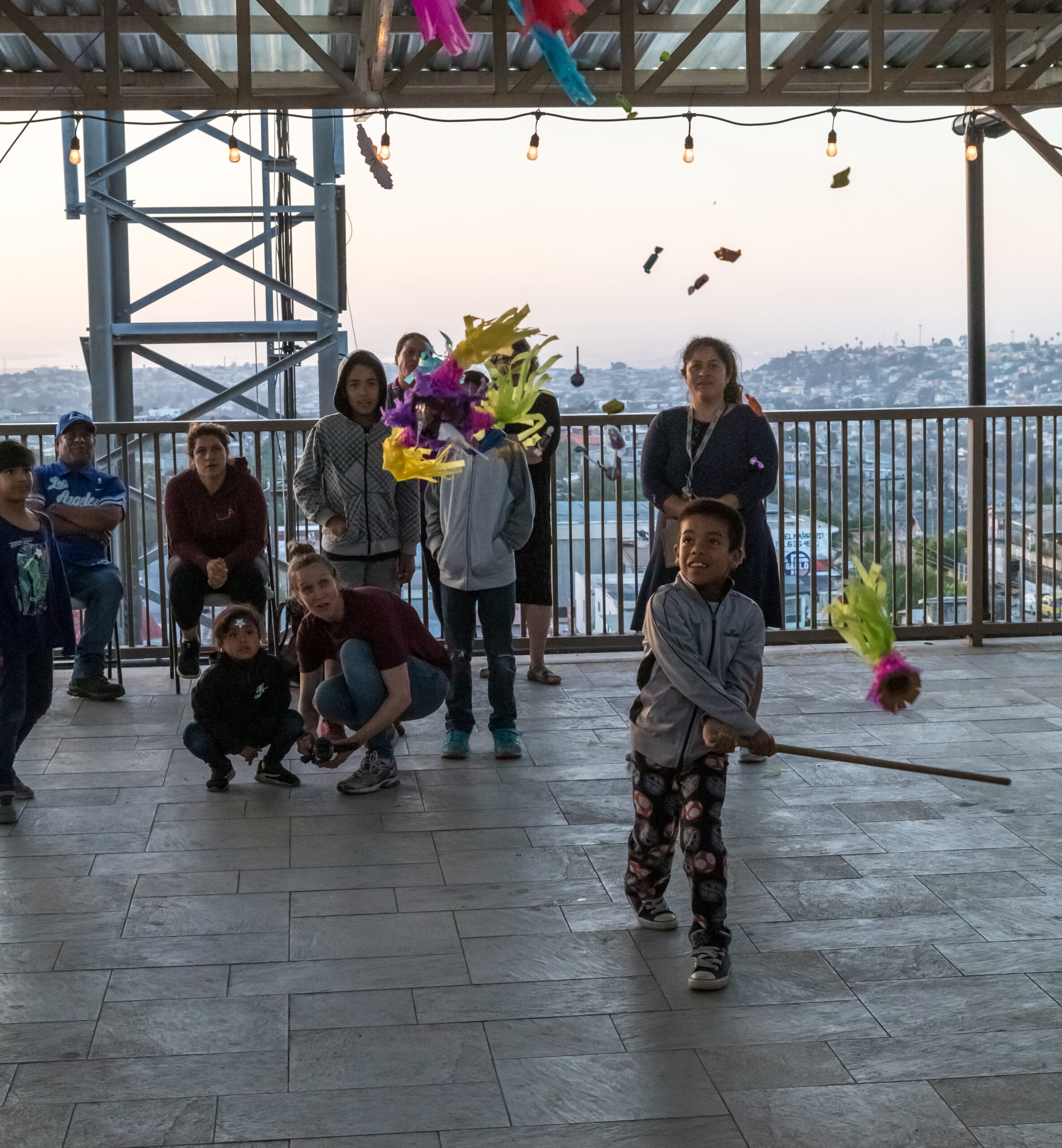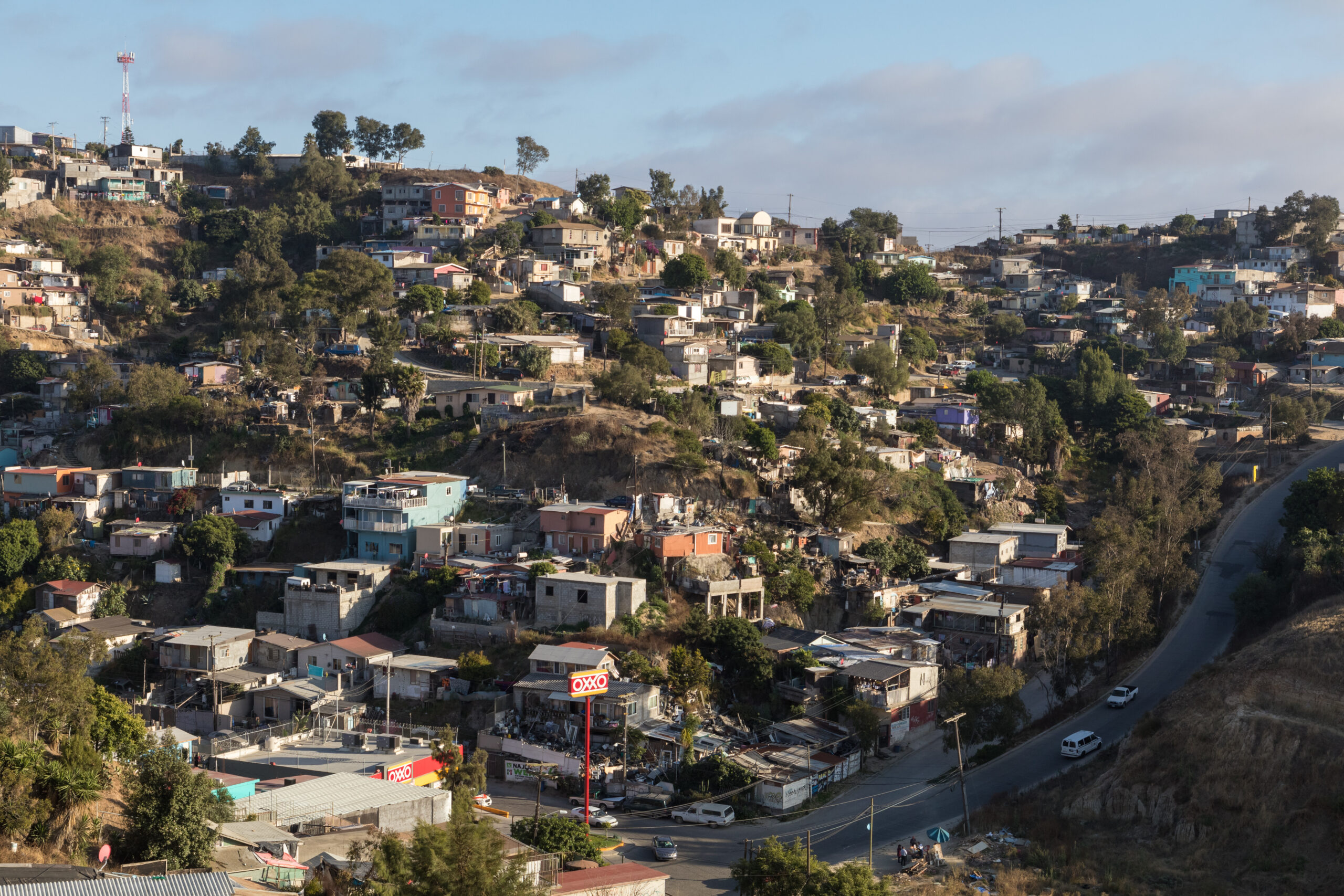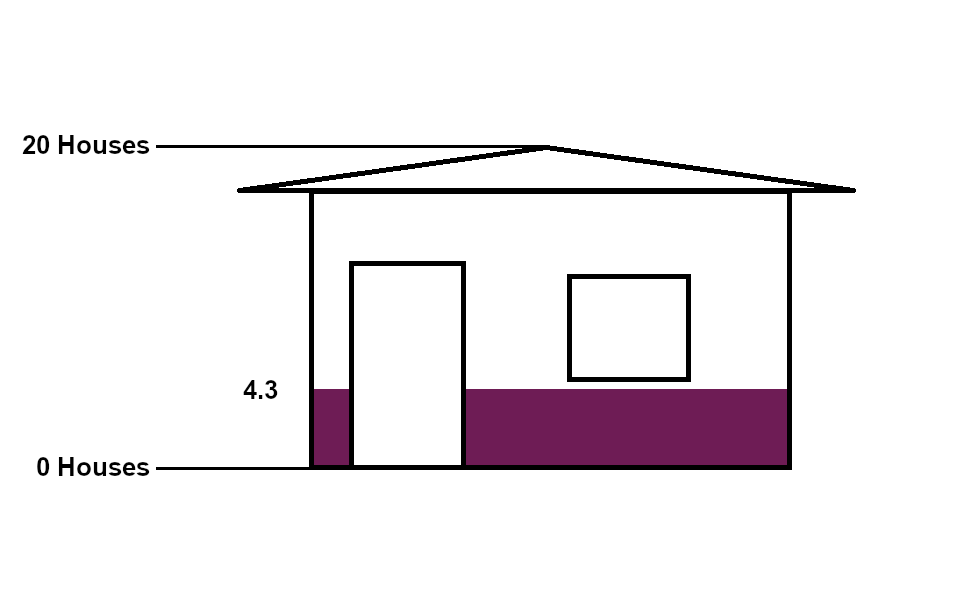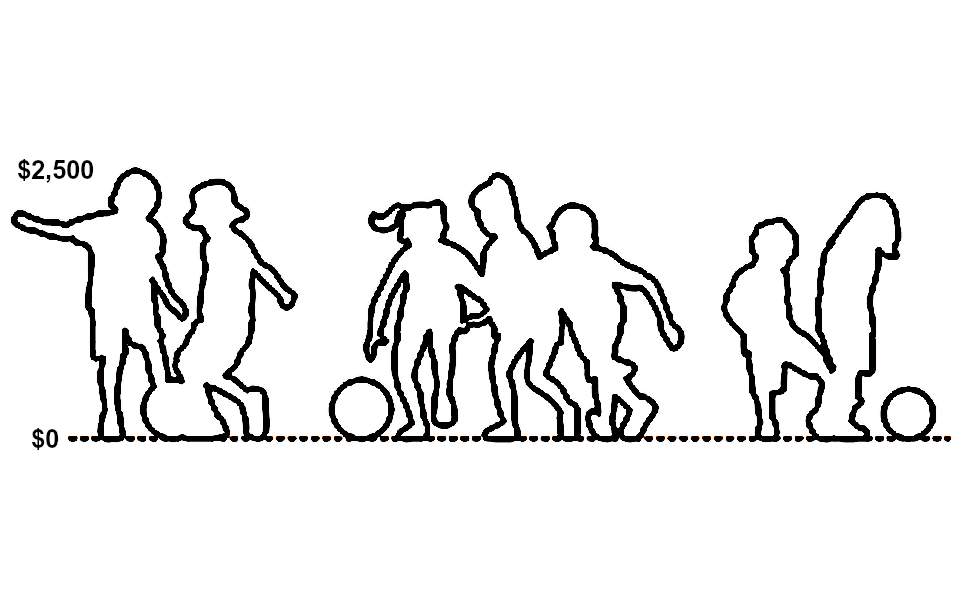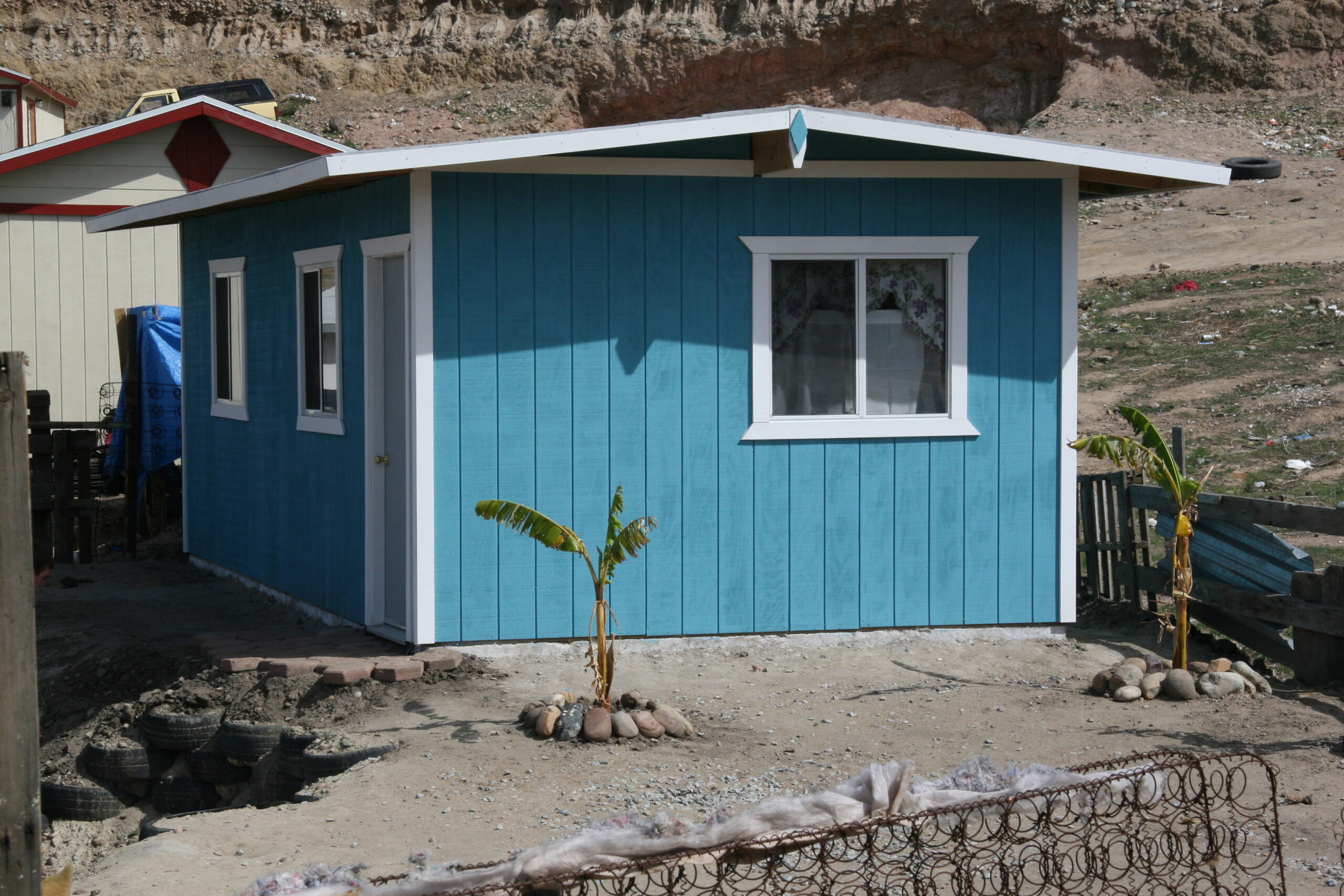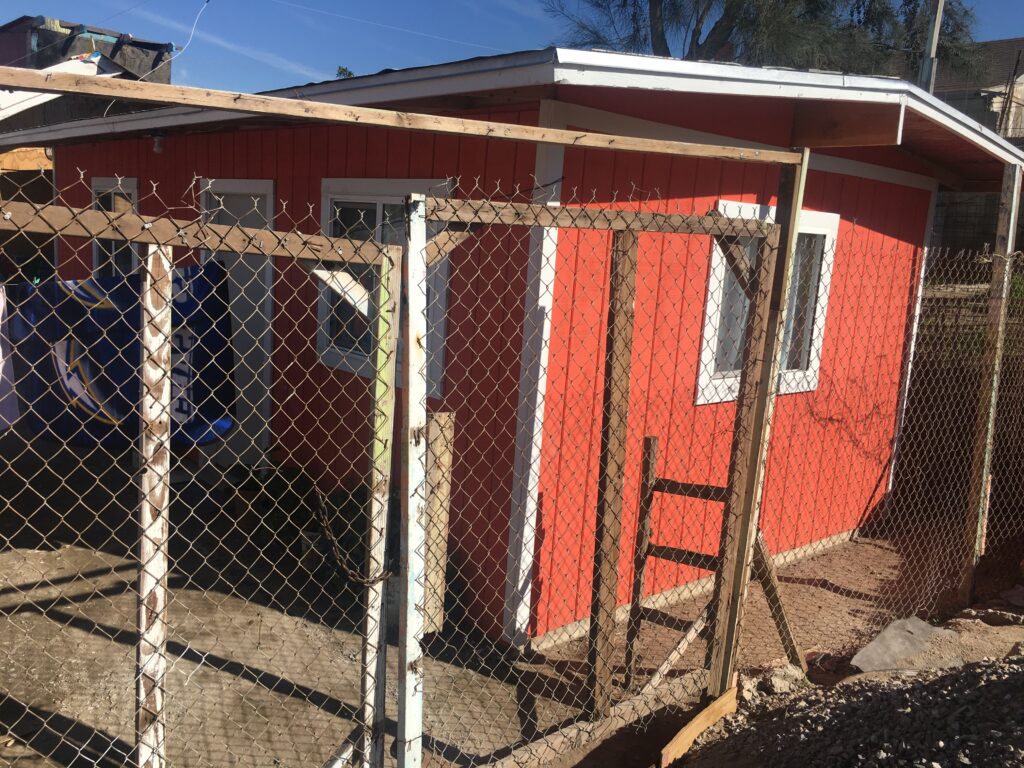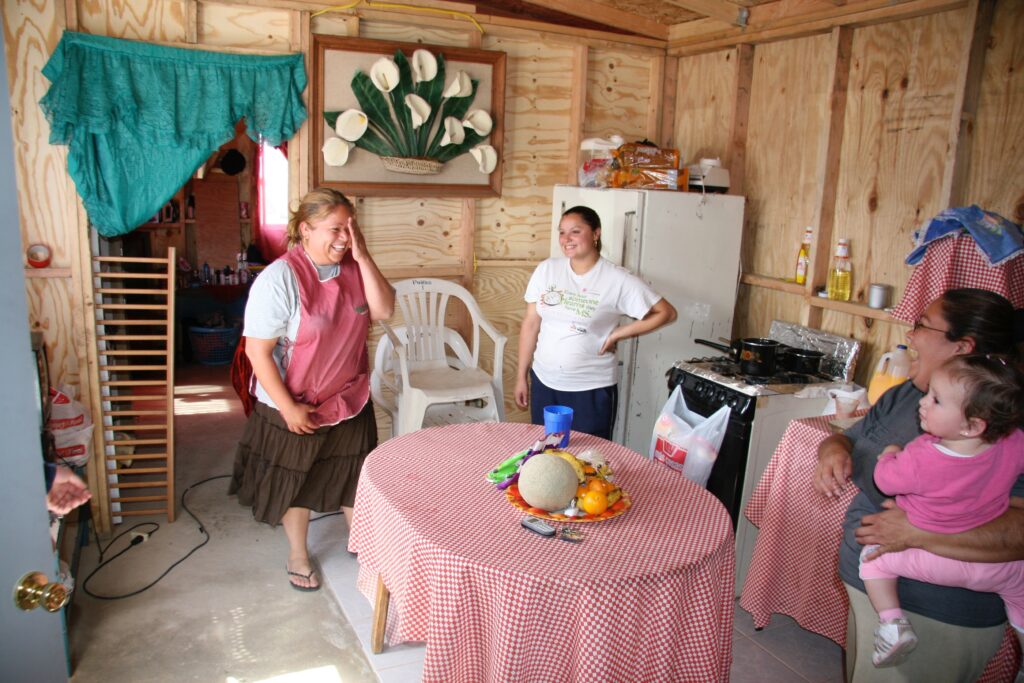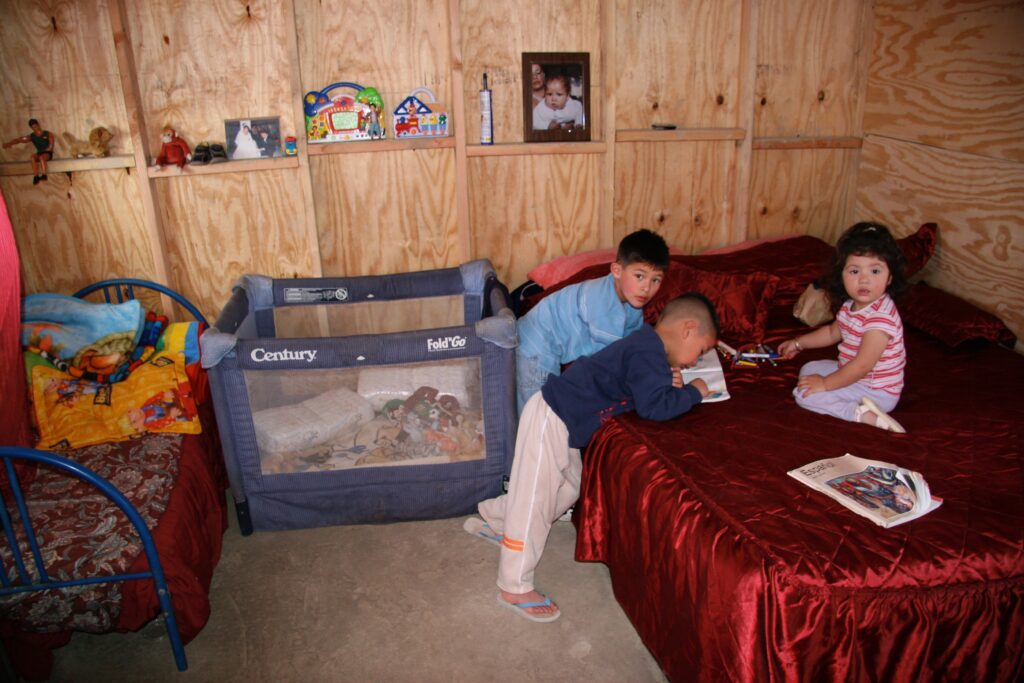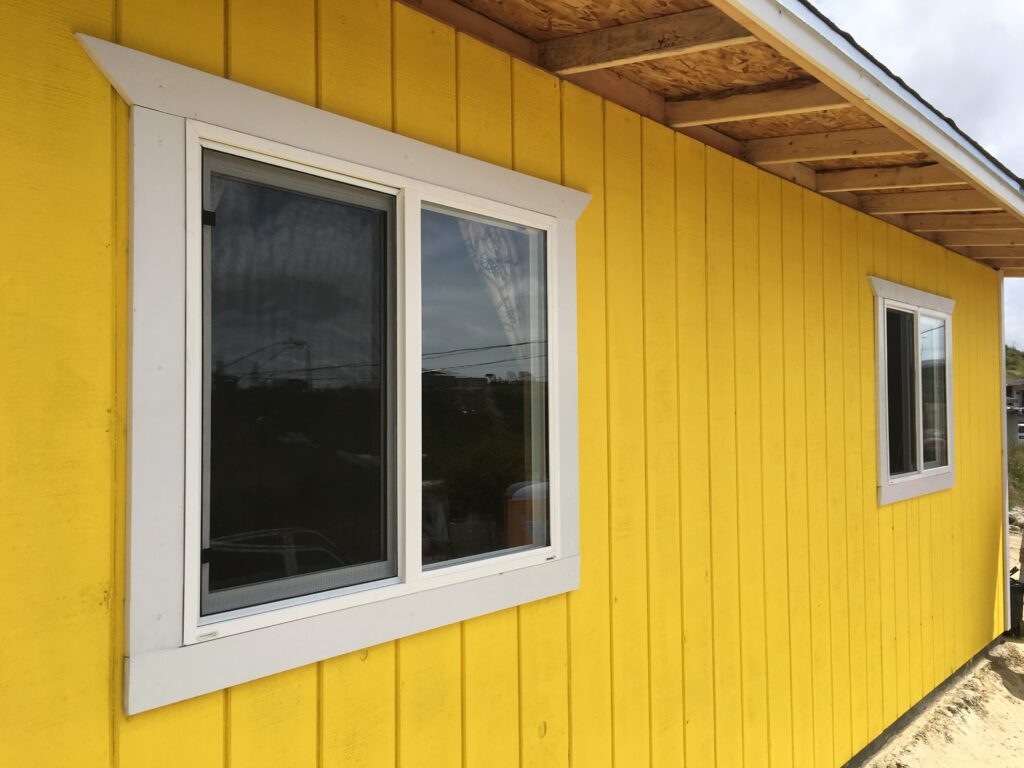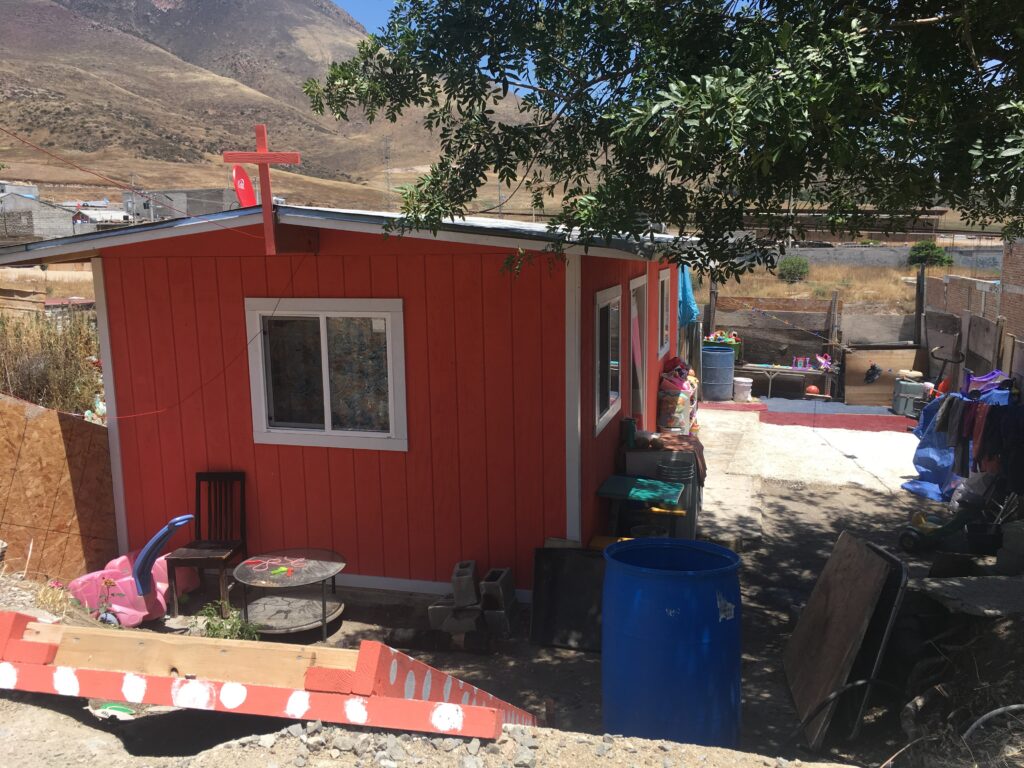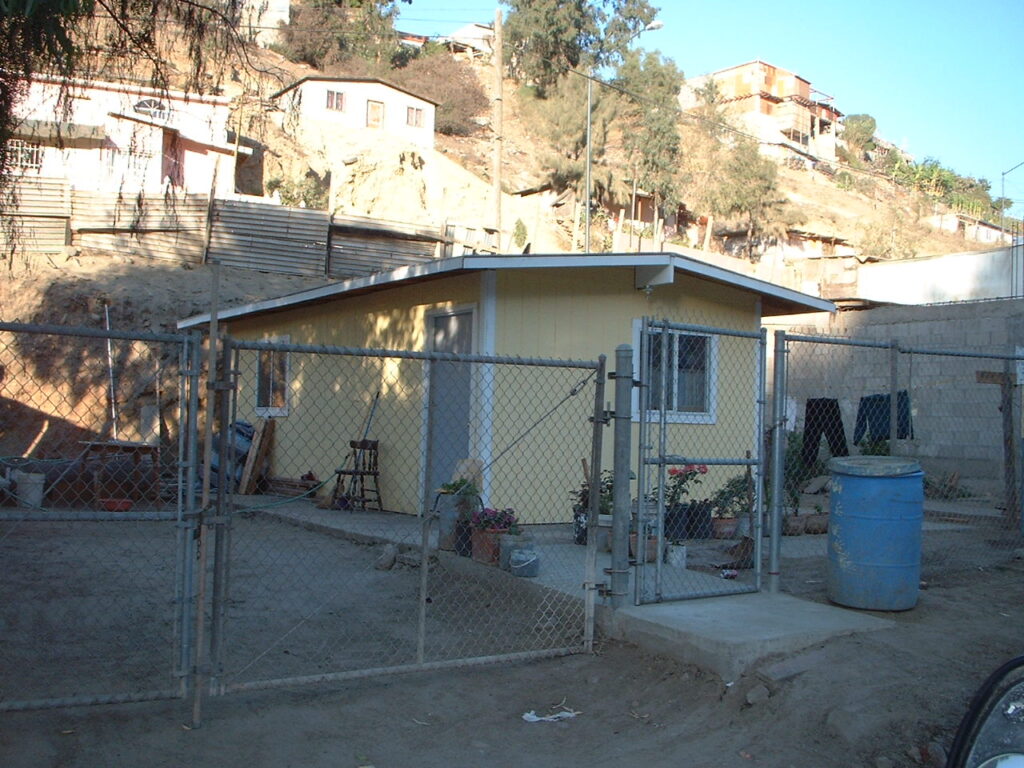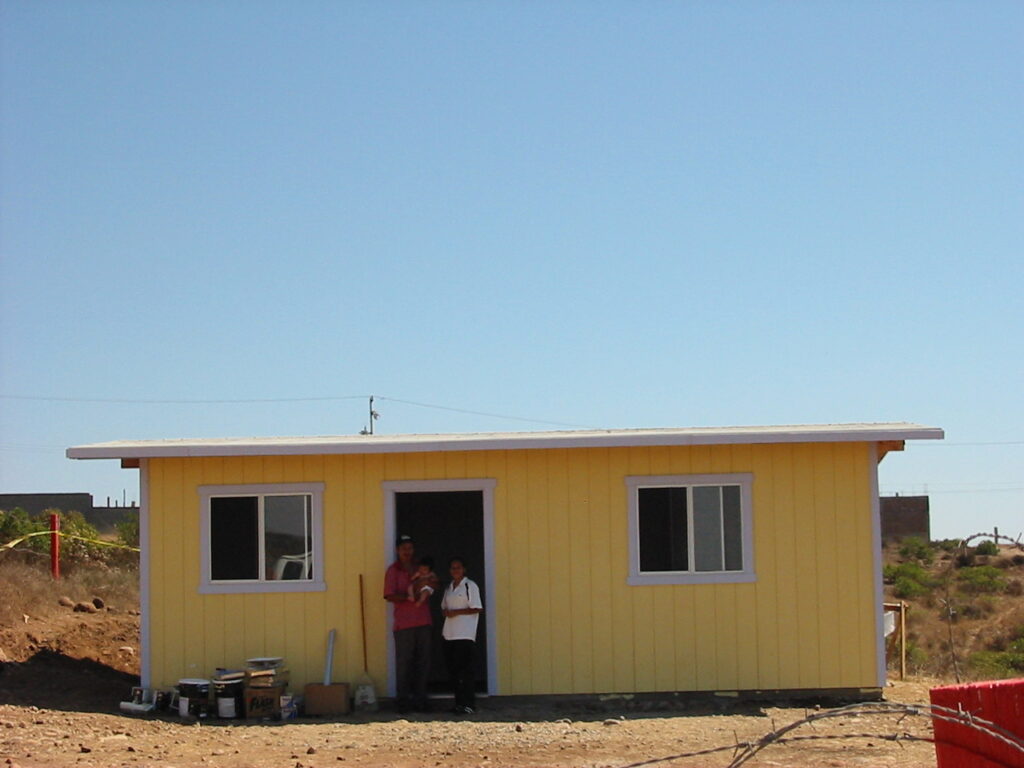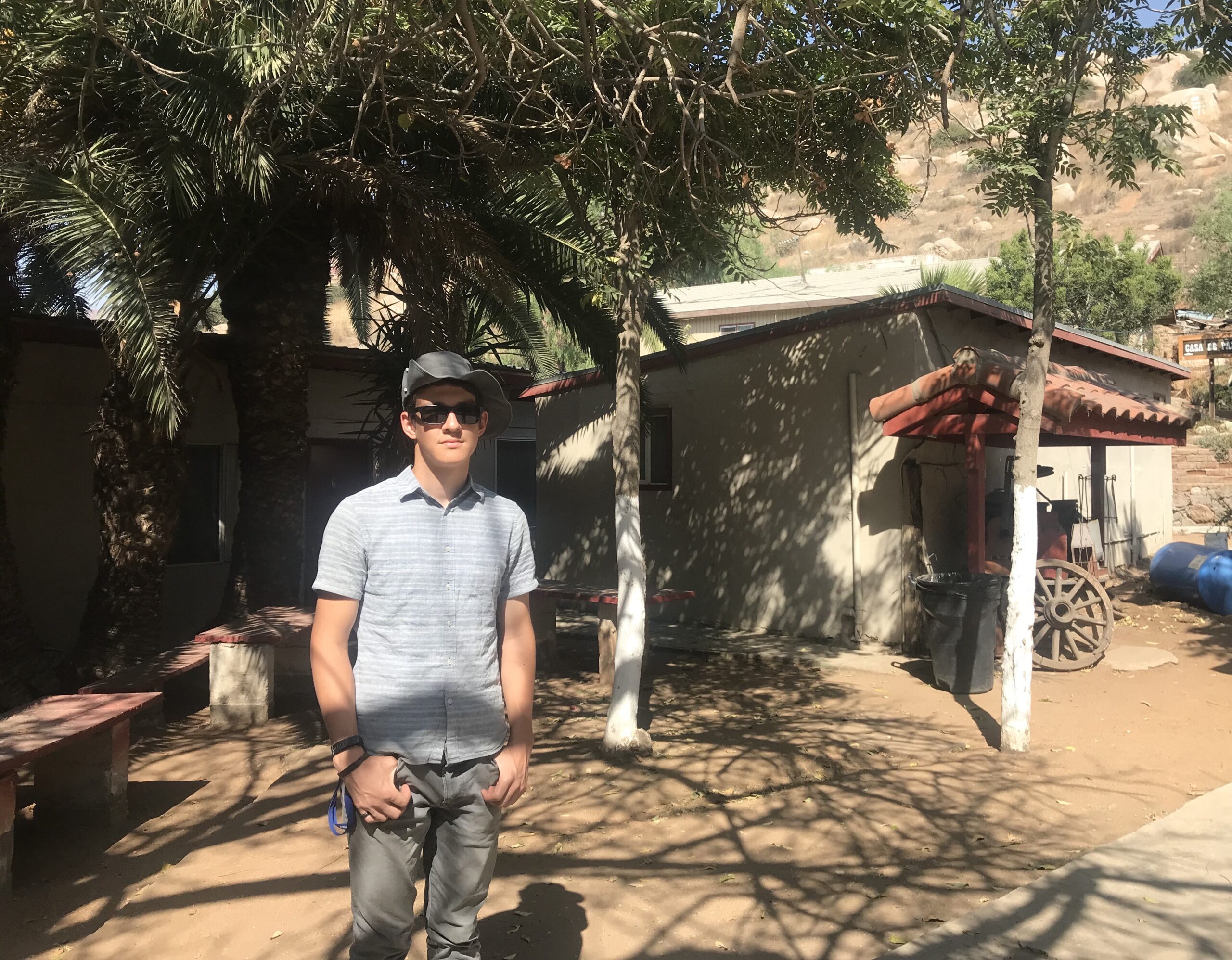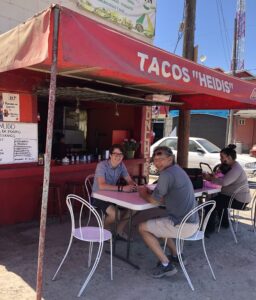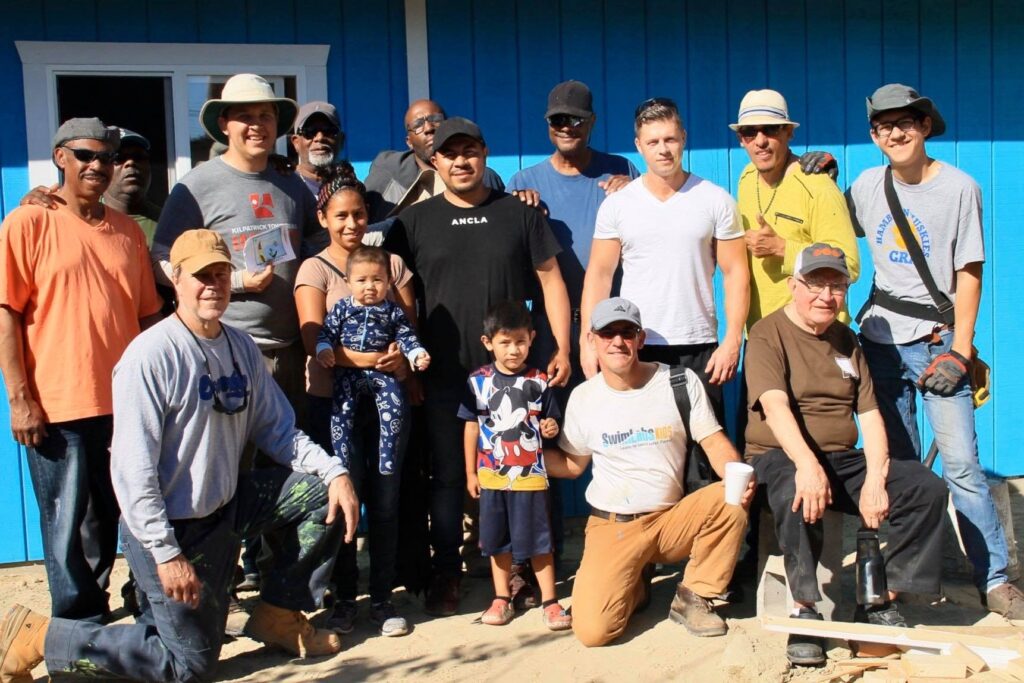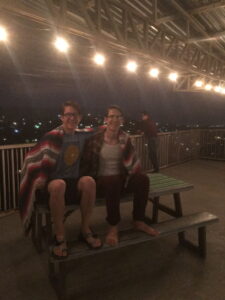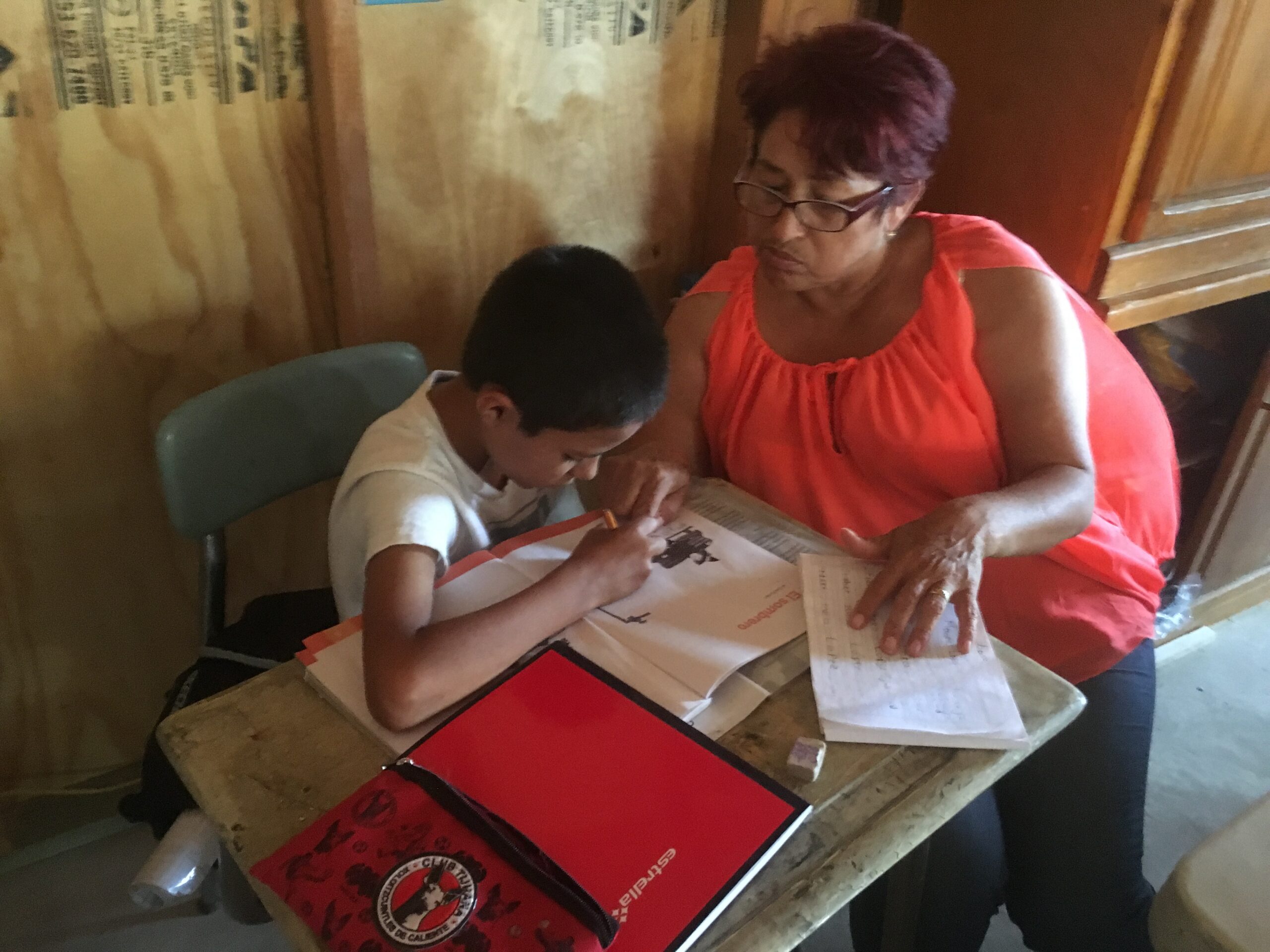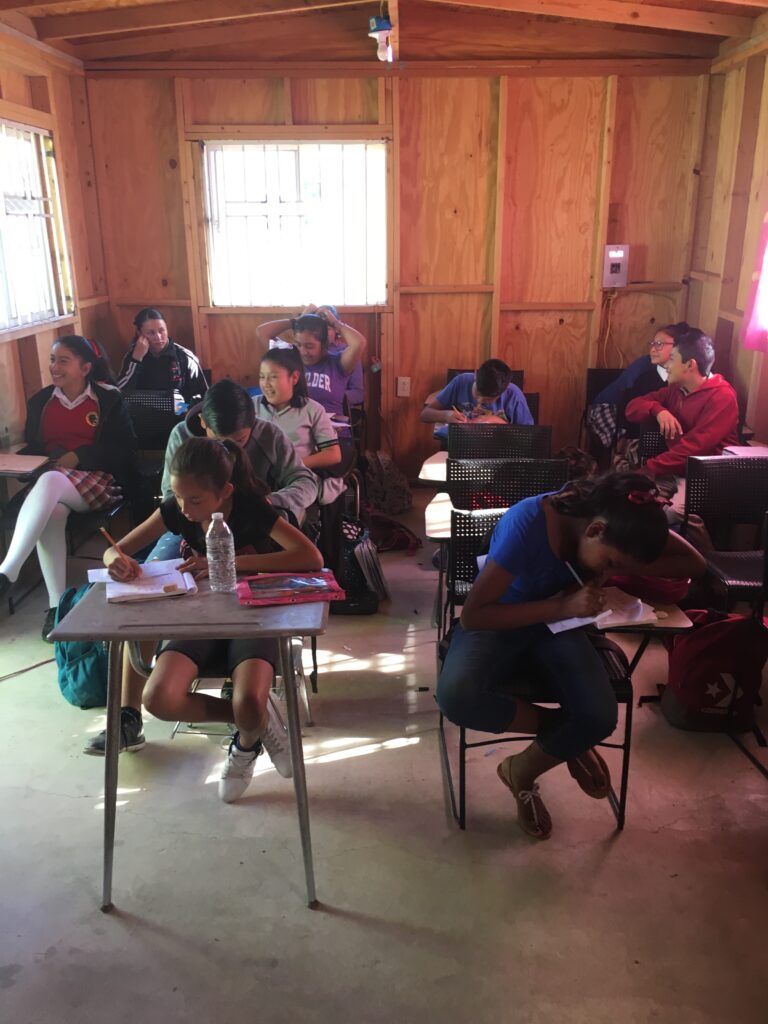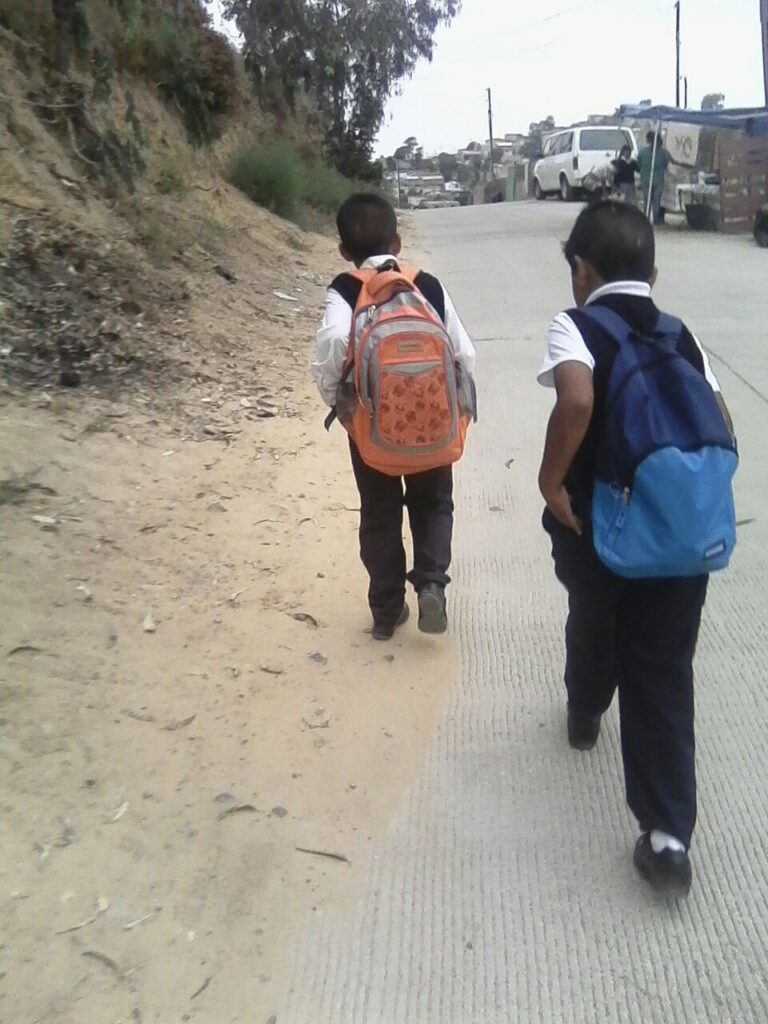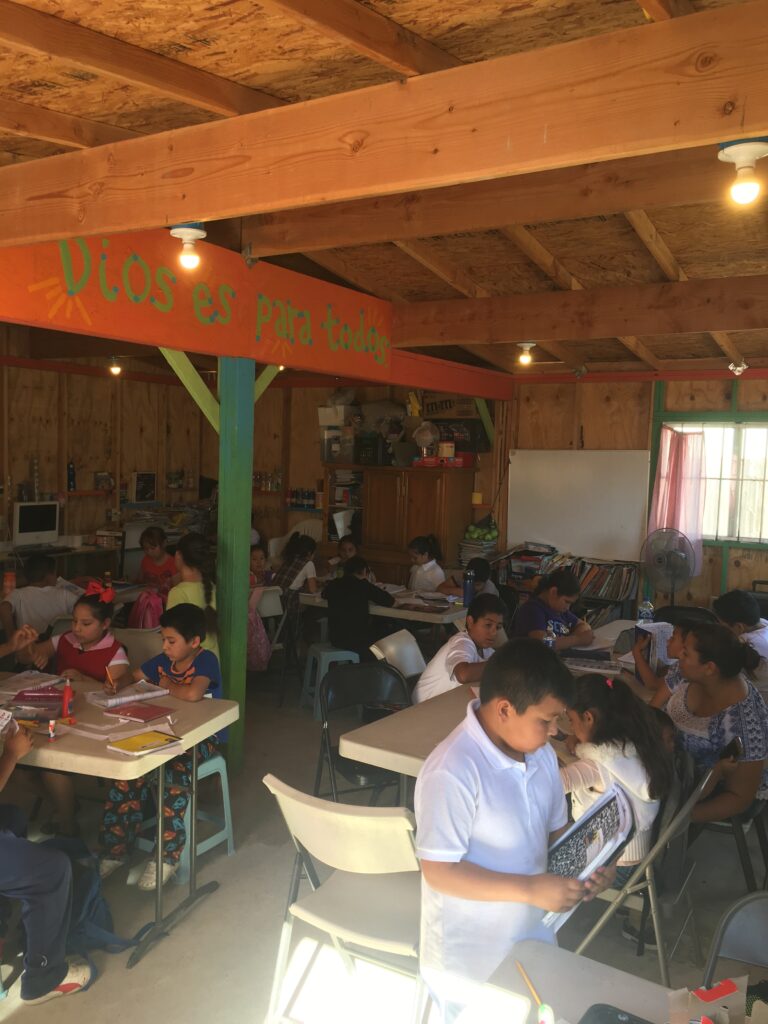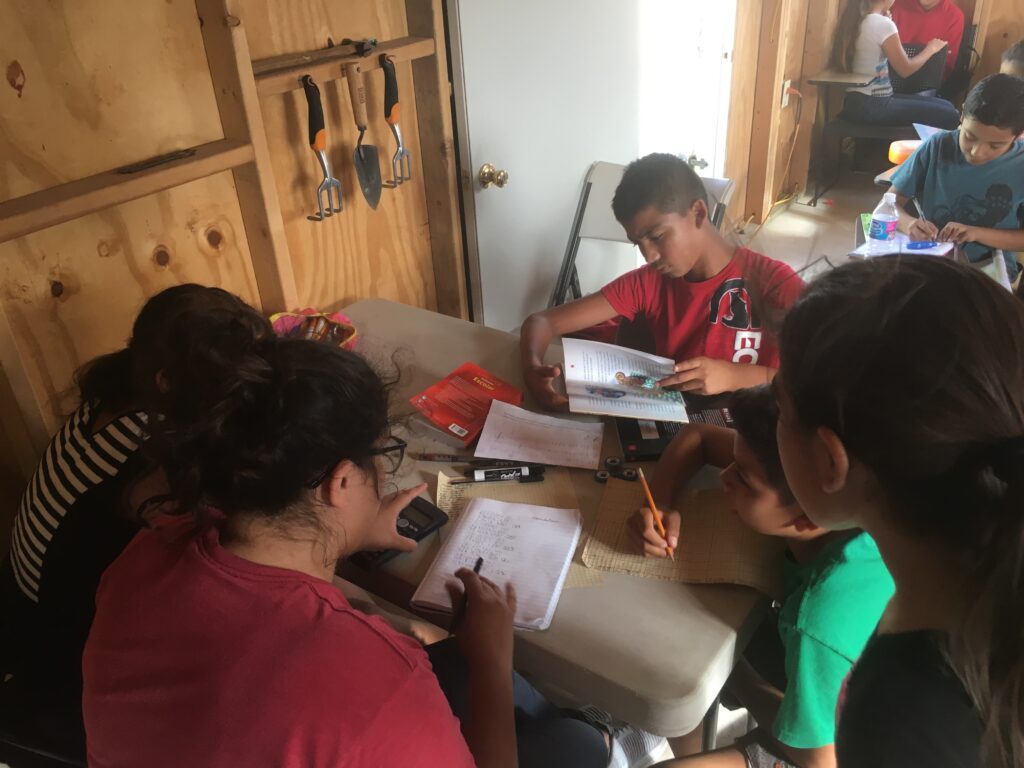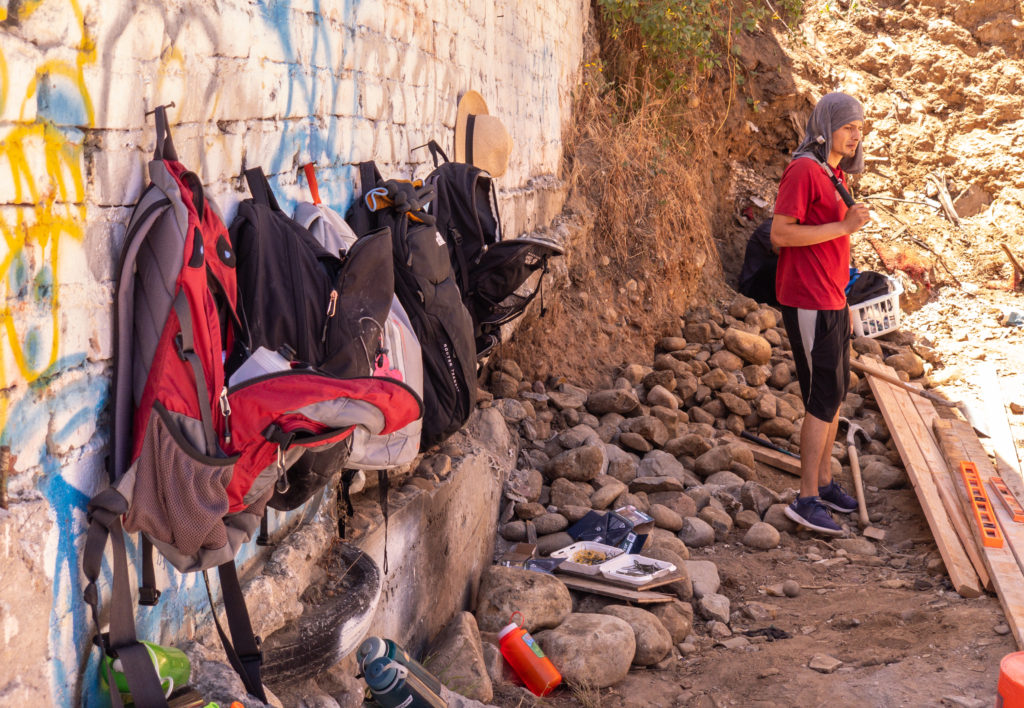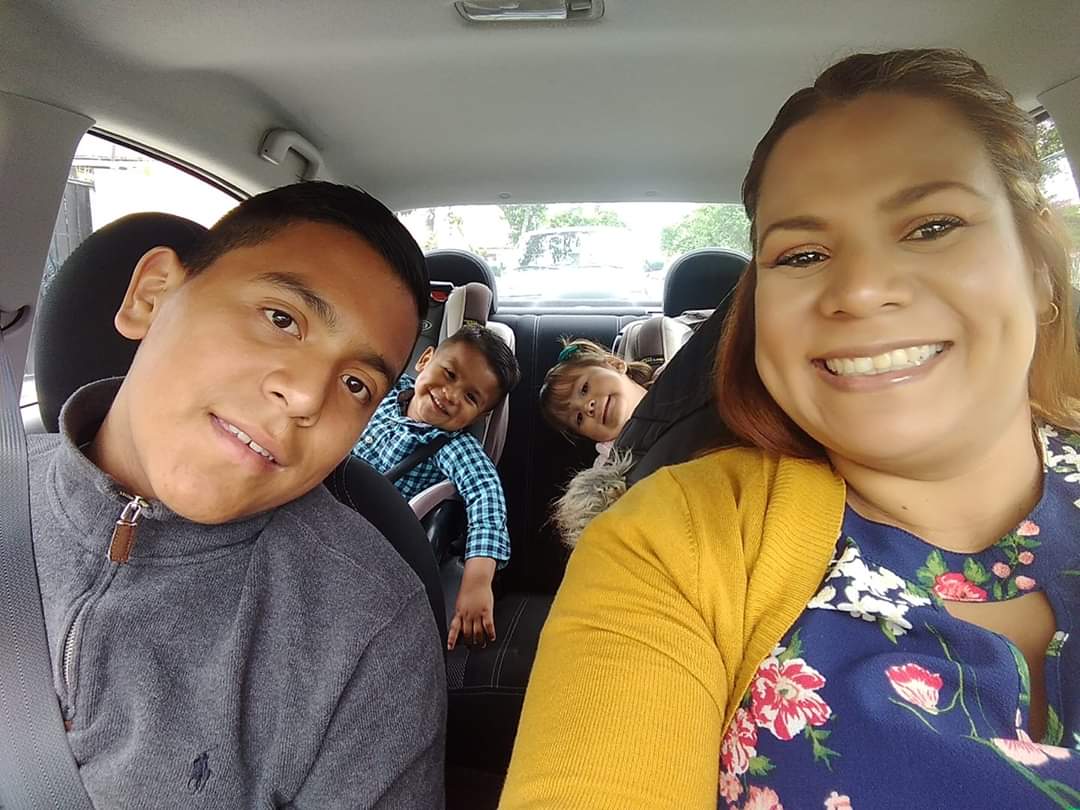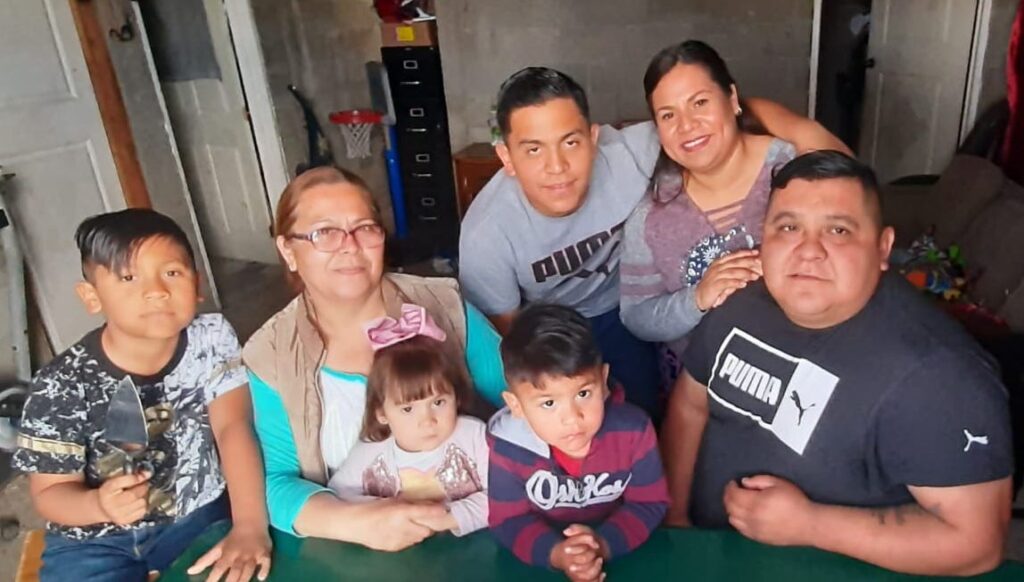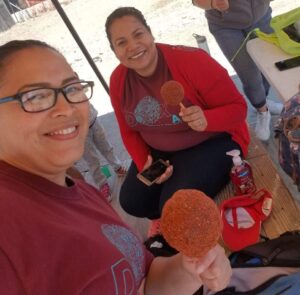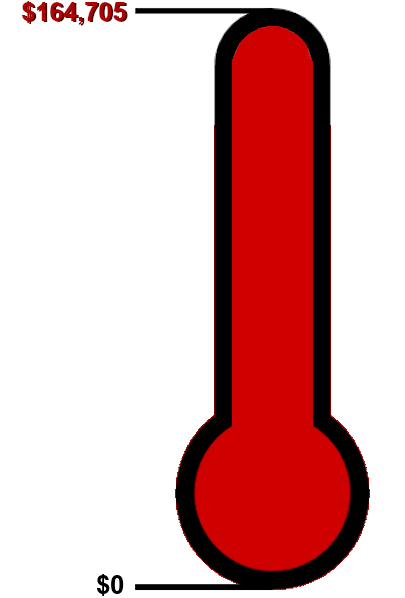Just as COVID-19 has caused many schools across the United States to transition to distance learning, Tijuana schools have taken the same approach. Since April, there has been no in-person classes and there won’t be any until at least 2021. Zoraida, a Tijuana schools assistant principal, shared that distance learning is largely dependent upon the teacher. Various methods are being used such as Google Classroom, Zoom, WhatsApp, and broadcast TV. Zoraida believes it’s important to have some sort of communication with each student and their family, but what that looks like is dependent upon the family’s resources and teacher capability.
For the students sponsored by Doxa’s education program, Rosa notes that distance learning over video seems to work for middle school, high school, and college students. Elementary school children, however, still need the in-person atmosphere in order to properly learn. In preparing for this school year, Doxa equipped all of the middle school, high school, and college students with the technology and access needed to learn remotely at home. For elementary school children, Doxa has opened its after-school program for in-person classes. Of course, all the necessary safety and health precautions are being taken to ensure students remain healthy while getting the educational support they need.
Hogar de los Niños and Unidos por Siempre are equipped with laptops, Internet access, and tutors to help their children engage scholastically. The older kids often help the younger kids with their homework. Thankfully, both orphanages have a dedicated classroom where kids study throughout the day. Unidos por Siempre even has a school teacher who comes a few days a week. The children in both of these orphanages are fortunate to have school brought to them this year.
For a school year where learning in the classroom probably will not occur, we are so thankful for the new solutions that still allow learning to take place. Even though all of these students will be automatically passed onto the next grade level, our goal is that they will learn the material at the same level they would have in-person in the classroom.

As expected, we have seen an increase in scholarship applicants and the cost of equipping students to learn remotely. Through the end of this year, our goal is to raise an additional 50 scholarships and we are half way there. If you have already supported, thank you so much! If you’d like to get involved, you can purchase any of the school supplies from our Amazon list or give a monthly scholarship. Any and all support makes a huge difference, thank you!
